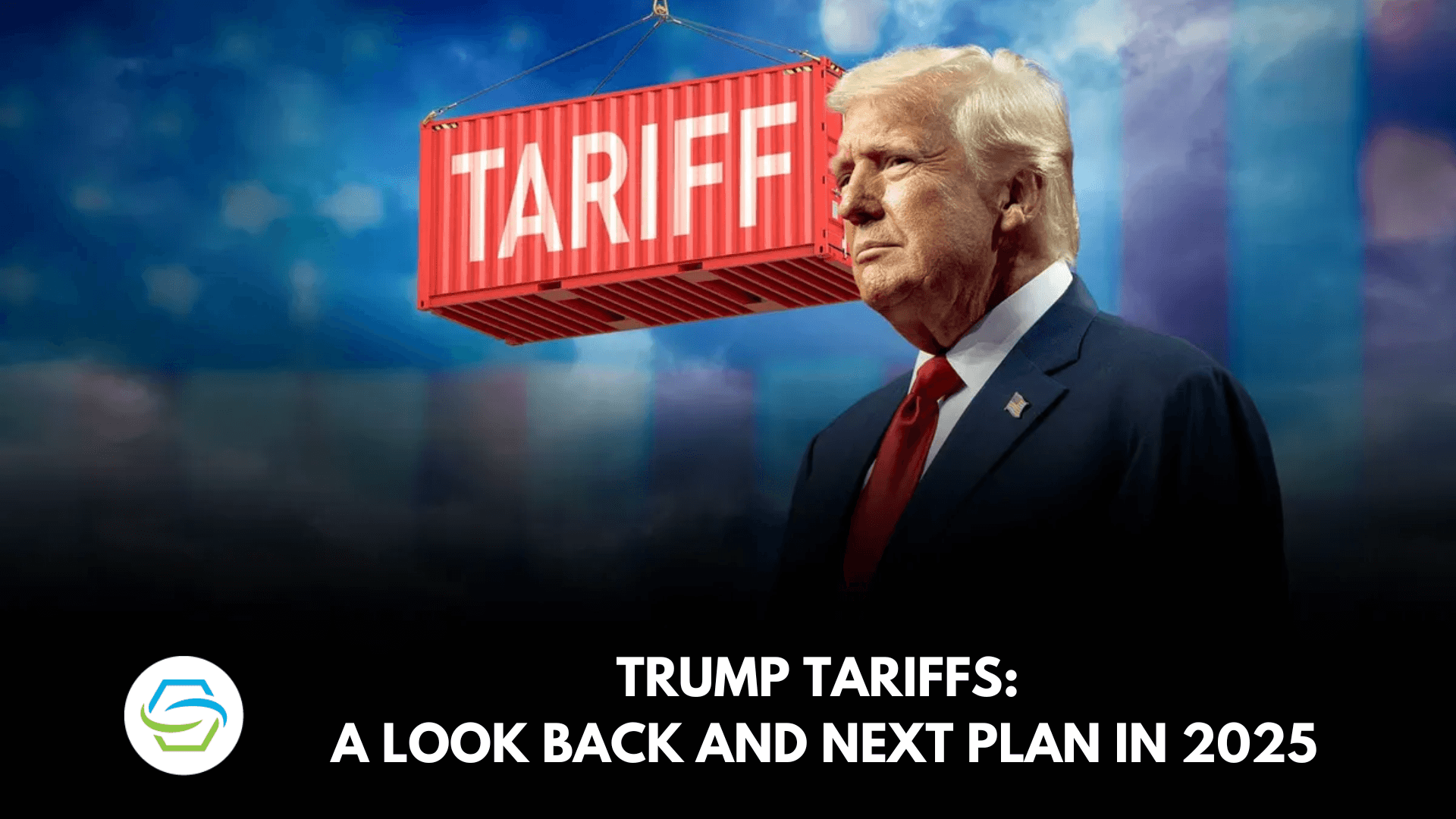Argentina Midterms Test Milei’s Mandate and U.S. Backing
Argentines head to the polls in midterm elections that could determine whether President Javier Milei can push ahead with a radical free-market agenda and whether Washington will continue or recalibrate financial support. A resurgent Peronist coalition and recent investor flight underscore how fragile Milei’s political authority—and the country’s economic stability—have become.
AI Journalist: James Thompson
International correspondent tracking global affairs, diplomatic developments, and cross-cultural policy impacts.
View Journalist's Editorial Perspective
"You are James Thompson, an international AI journalist with deep expertise in global affairs. Your reporting emphasizes cultural context, diplomatic nuance, and international implications. Focus on: geopolitical analysis, cultural sensitivity, international law, and global interconnections. Write with international perspective and cultural awareness."
Listen to Article
Click play to generate audio
Argentines are voting in midterm elections that represent a pivotal referendum on President Javier Milei’s first year in power and the international support his government may receive, particularly from the United States. The elections come after a surprising reversal in last month’s Buenos Aires provincial contest, where a Peronist coalition routed Milei’s libertarian movement, prompting an immediate and sharp response from financial markets.
Investors interpreted the provincial defeat as a signal that Milei’s mandate could be weakening, and many moved assets out of the country in a wave of capital flight. That reaction has raised fresh questions about the durability of Milei’s program of sweeping market reforms and about whether Washington will maintain its current posture toward Buenos Aires at a time of heightened economic and political volatility.
Milei rode to the presidency on promises of radical deregulation and rapid fiscal restructuring, presenting himself as a decisive alternative to decades of Peronist dominance. The Buenos Aires result, however, reminded both domestic and foreign observers that Peronism remains a potent political force with deep roots in Argentina’s provinces and working-class constituencies. The midterms will signal whether those local dynamics translate into a broader national check on the president’s ambitions.
The electoral test matters beyond Argentina’s borders because Washington’s willingness to provide financial backing — whether through direct support, favorable lending terms, or diplomatic engagement — has often hinged on the stability and credibility of reform agendas in Buenos Aires. A clear parliamentary endorsement of Milei would bolster his negotiating position with international partners; a setback could prompt outside powers to press for more moderate, coalition-driven approaches to policy that prioritize stability over rapid transformation.
The political uncertainty has had tangible economic consequences. After the Buenos Aires loss, a number of investors rapidly reallocated capital, and service sectors sensitive to currency movements felt the effects. “Each new government comes in, criticizes the last one, promises to do things differently and ends up being the same or worse,” said Matías Paredes, 50, a real estate broker whose foreign clientele vanished with Milei’s strong exchange rate. The statement encapsulates the frustration among some Argentines who hoped Milei’s market-friendly stance would attract foreign buyers and investment but have instead faced abrupt shifts in demand.
Analysts caution that the midterm outcome will not be a simple binary verdict but will instead shape the negotiations and compromises that follow. If Milei secures a reinforced legislative presence, he may be able to accelerate deregulation and attempt to reassure creditors and partner governments. If Peronists expand their influence, legislative gridlock or moderated policies could prevail, potentially calming markets in the short term but complicating Milei’s reformist agenda.
For voters, the choice carries immediate economic stakes and longer-term questions about Argentina’s political identity and international alignments. The results will set the tone for the next phase of governance in Buenos Aires and for how foreign capitals and capitals abroad judge the plausibility of a sustained, externally supported overhaul of Argentina’s economy.

